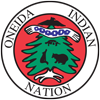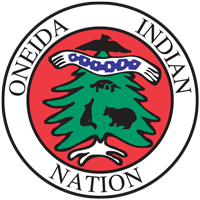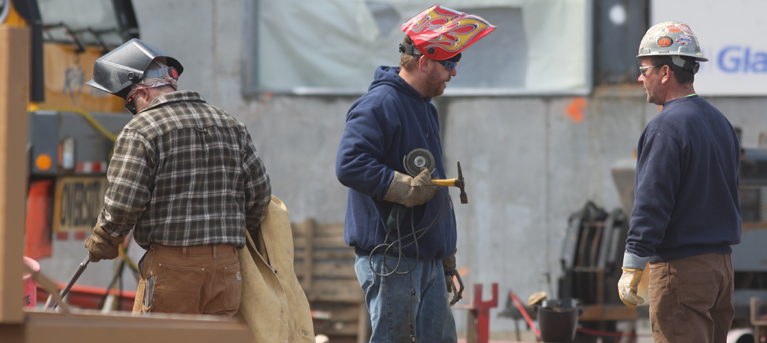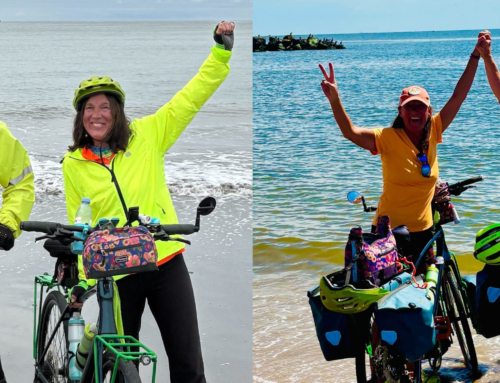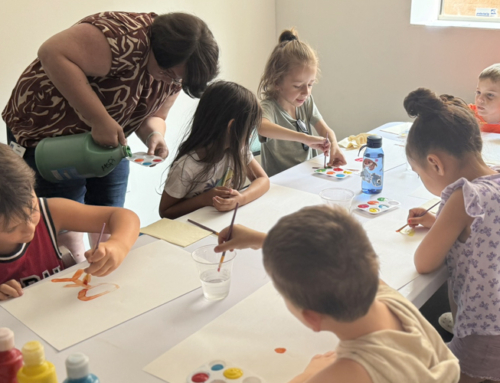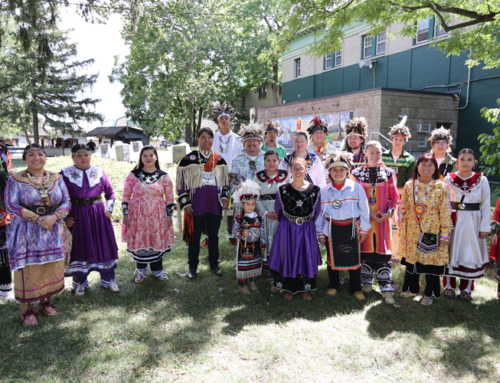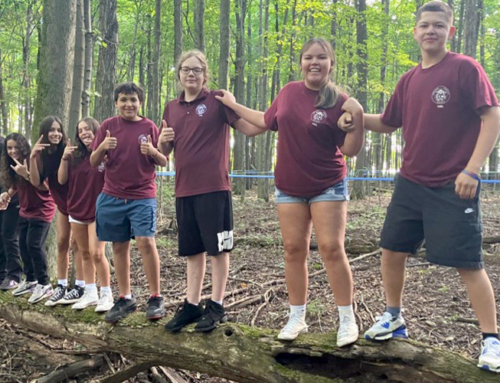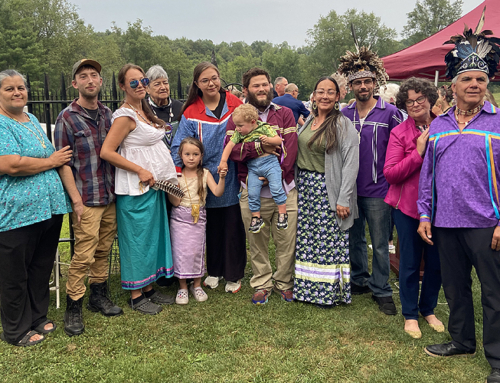The leadership of the Oneida Indian Nation is dedicated to offering Nation Members the resources and support they need to achieve their higher education goals. Equally important to consider, though, are the possibilities around vocational trade and skills training.
A higher education degree significantly enhances opportunities for success in various aspects of life, such as personal finances, health, and overall development. Individuals with bachelor’s degrees enjoy considerably higher median lifetime earnings compared to those with only high school diplomas. However, while college can be a valuable path to success, it is just one of the many routes a Nation Member may choose to pursue.
Trade schools, certificate programs (non-vocational), workshops and seminar programs are all viable options for Nation Members who wish to continue their education. Members in good standing who meet certain program requirements are eligible for financial assistance and stipends through the Oneida Indian Nation Education Department’s Scholarship Program. The programs must be completed at Nation approved accredited institutions and Nation Members must meet the qualifications and requirements set forth in the Scholarship Program’s Policies and Procedures booklet.
The full Scholarship Program Policies and Procedures are available in PDF format on the Oneida Indian Nation website at www.oneidaindiannation.com/scholarship-program/ or on the Nation Member App in the Available Services/Education folder.
Just as with undergraduate and graduate students, certificate and vocational students who demonstrate financial need may qualify for a scholarship award. Students should fill out the Oneida Indian Nation Education Assistance Request form available from the Education Department or online and submit it to the school’s Financial Aid Office. The unmet financial need scholarship award will be sent directly to the academic institution in the form of a check. Students who have already met their financial need for tuition assistance are not eligible for scholarship awards to the school, but may still qualify for a stipend award.
At the vocational/technical/trade level, the Nation classifies students carrying 18+ clock hours per week to be full-time and eligible for up to $6,000 per academic year in scholarship assistance, and $4,000 per year in stipends, depending on individual situations set forth in the program guidelines. Vocational/technical/trade students carrying 17 or fewer clock hours per week are considered to be part-time. Oneida Indian Nation clock hour full-time/part-time classifications are based on federal financial assistance guidelines, credit-hour conversions in relation to program length/duration, and other institutional and Nation policy factors.
What Are Some Good Options?
There are several options available for Nation Members when it comes to trade and vocational training, including the State University of New York (SUNY) system that offers programs such as construction and manufacturing, food service, agriculture, automotive technology, welding and more. Prospective students can visit https://www.suny.edu/trades/ to see what is available across the SUNY system, which also includes apprenticeship opportunities, certificate programs, and associate’s programs, among others. The SUNY system includes 64 colleges and universities across the state, including Onondaga Community College, SUNY Morrisville and Mohawk Valley Community College, which specializes in trades and technologies.
With the construction boom happening across Central New York, trade skills are in high demand and the average pay for trades jobs is approximately $26 per hour. Many apprenticeships also provide students with the ability to earn as they learn, easing the burden of student debt. Below are some links to provide more information:
- suny.edu/apprenticeship/students/
- suny.edu/media/suny/content-assets/documents/workforce-dev/Occupations-Supported-by-SUNY.pdf
Some local trades offering apprentices include the International Brotherhood of Electrical Workers (IBEW Local 43) that provides skilled workers to more than 40 regional contractors, including many that work with Oneida Indian Nation projects. IBEW Local 43 is in a partnership to provide apprentices in a five-year training program with a Mohawk Valley Community College Electrical Service Technician AOS degree at no cost and an opportunity to earn a Project Management Certificate from Syracuse University, as well as a pathway to transfer into Alfred State College’s bachelor’s degree program in Business Administration: Technology Management. More information may be found www.ibew43.org.
Another option is the Lineman Institute of the North East, which offers a 500-hour pre-apprentice electrical lineman training program and currently includes a Nation Member in the program. The Institute offers certifications in First Aid and CPR, Pole Top and Bucket Rescue, an OSHA 10-hour construction training certificate, a Commercial Drivers License (CDL) and Digger Truck Operations. More information may be found at www.linemeninstitute.com.
Members can also explore one of the state-wide BOCES Career & Technical Education (CTE) programs to explore the possibilities of working right out of high school or furthering their education. Every BOCES in the state has articulation agreements with colleges and universities that also enable CTE students to earn college credits while still in high school.
Madison-Oneida BOCES located in Verona offers Career Training Courses in healthcare, cosmetology and carpentry, welding, entry-level electrical and other construction courses. The Fall courses begin in August so Members who are interested need to inquire soon by visiting www.moboces.org.
For more information on the Nation’s Scholarship Program and potential programs of interest, contact the Education Department at (315) 829-8210.
